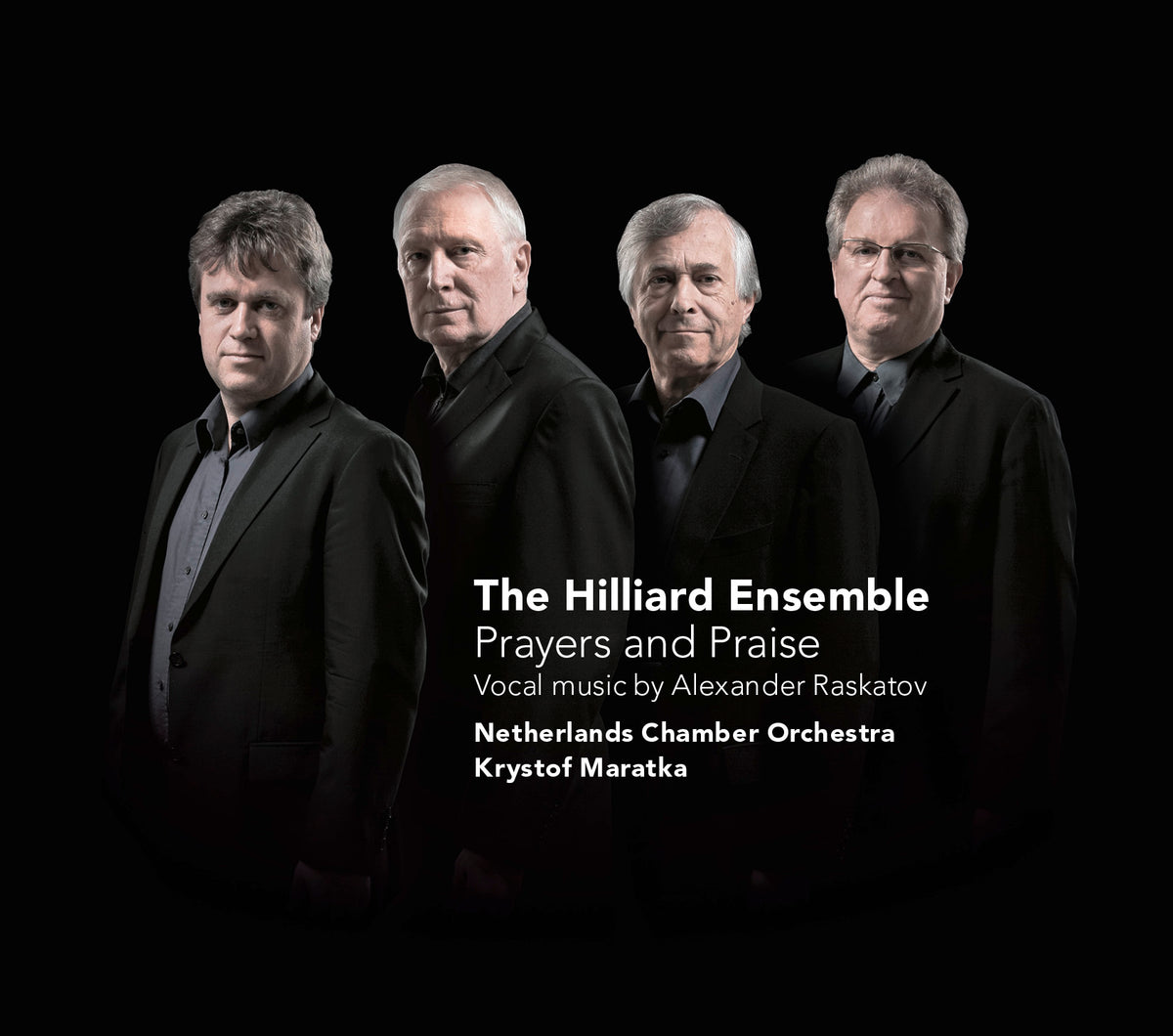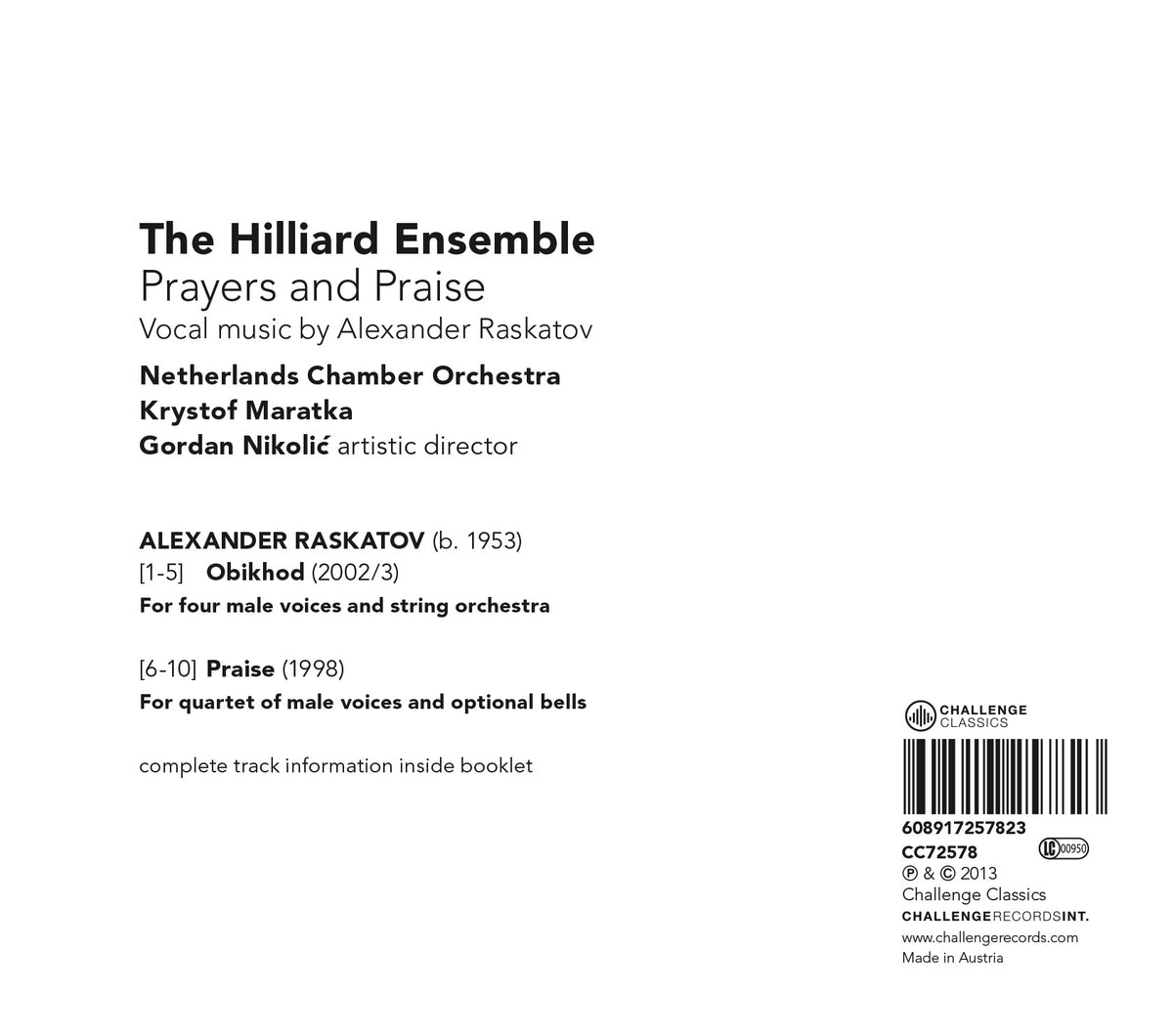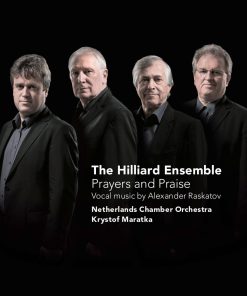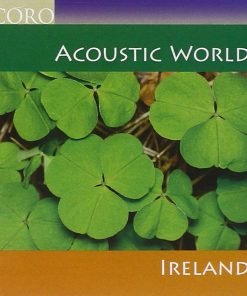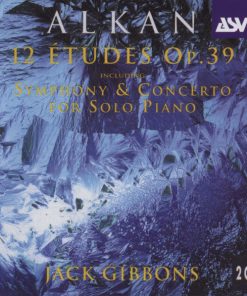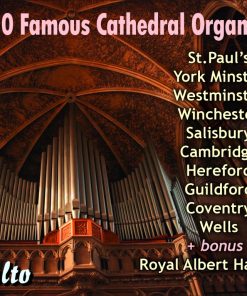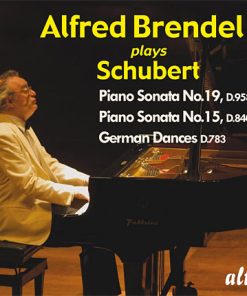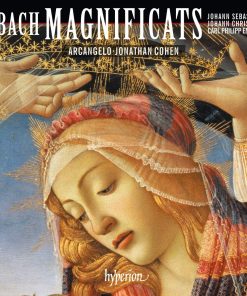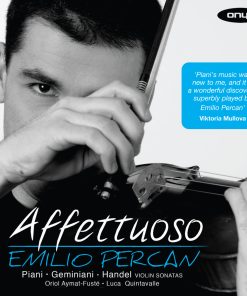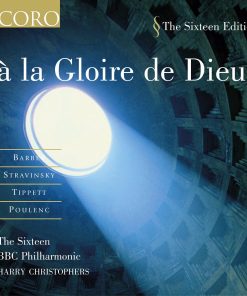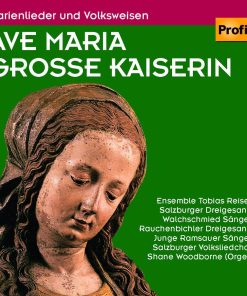Prayers and Praise: Vocal Music of Alexander Raskatov – The Hilliard Ensemble, The Netherlands Chamber Orchestra CHALLENGE
$ 2,99 $ 1,79

01. Obikhod (for four male voices and string orchestra): Doloroso 06:12
02. Obikhod (for four male voices and string orchestra): Vivo 02:57
03. Obikhod (for four male voices and string orchestra): Affetuoso 04:54
04. Obikhod (for four male voices and string orchestra): Moderato espressivo 04:29
05. Obikhod (for four male voices and string orchestra): Larghetto 07:45
06. Praise (for four male voices and optional bells): Hymn of the Cherubium 05:45
07. Praise (for four male voices and optional bells): The Lord`s Prayer 06:01
08. Praise (for four male voices and optional bells): Gentle Light (an Evening Hymn) 03:49
09. Praise (for four male voices and optional bells): Let my prayer ascend (Psalm 141) 04:54
10. Praise (for four male voices and optional bells): The Angel called (Akihostos) 01:53

‘Praise’ consists of five liturgical texts from a number of services of the Byzantine rite, in Church Slavonic, the liturgical language of the Russian Orthodox Church: Kheruvimsya pesn’, Otche nash, Svete tikhi, Gospodi vozzvakh and Angel vopiyashe. These are, respectively, the Hymn of the Cherubim (from the Great Entrance of the Divine Liturgy), the Lord’s Prayer, O Gladsome Light (the evening hymn from Vespers), Let my prayer arise (the opening of the lamp-lighting psalms, also from Vespers) and the paschal megalynarion The Angel cried. ‘Praise’ is written for a quartet of male voices and bells and written for the Hilliard Ensemble!
These are very far from being arrangements for liturgical use, though there are certainly reminiscences of Russian mediaeval polyphony. The composer’s response to these texts is immediate and personal, and frequently makes use of strikingly dramatic effects.
‘Obikhod’ (2002-03) also sets liturgical texts and was written for the same performers, but this time with the accompaniment of string orchestra. Commissioned by the Hilliard Ensemble and the Stuttgart Chamber Orchestra and first performed in November 2003. “Obikhod” is a word that refers to the book of common chants in use in the Russian Orthodox Church, though it is also erroneously used, especially outside Russia, to refer to an actual chant repertoire.
What is remarkable in both ‘Praise’ and ‘Obikhod’ is the way that such dissonant, frequently dense writing can create a sense of stasis and luminosity, a characteristic Raskatov shares with the late Alfred Schnittke, whose Symphony no. 9 he completed. The listener is left with the sensation that Raskatov has tapped into something primitive, some primordial connection with the secrets of life and death, and through music seeks to explore and transmit them. (from the linernotes written by Ivan Moody)
Fast Shipping and Professional Packing
Due to our longstanding partnership with UPS FedEx DHL and other leading international carriers, we are able to provide a range of shipping options. Our warehouse staff are highly trained to pack your goods exactly according to the specifications that we supply. Your goods will undergo a thorough examination and will be safely packaged prior to being sent out. Everyday we deliver hundreds of packages to our customers from all over the world. This is an indication of our dedication to being the largest online retailer worldwide. Warehouses and distribution centers can be located in Europe as well as the USA.
Orders with more than 1 item are assigned processing periods for each item.
Before shipment, all ordered products will be thoroughly inspected. Today, most orders will be shipped within 48 hours. The estimated delivery time is between 3-7 days.
Returns
The stock is constantly changing. It's not entirely managed by us since we are involved with multiple parties such as the factory and our storage. The actual stock can fluctuate at any time. Please understand it may happen that your order will be out of stock when the order is placed.
Our policy is valid for 30 days. If you haven't received your product within 30 days, we're not able to issue either a return or exchange.
You are able to return a product if it is unused and in the same condition when you received it. It must also still remain in the original packaging.
Related products
MUSIC CD
MUSIC CD
MUSIC CD
MUSIC CD
